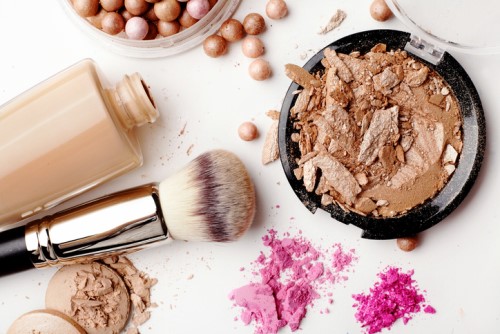

Allianz Global Corporate and Specialty (AGCS) has released a report detailing how chemicals commonly found in beauty products may place businesses at significant liability risk - as well as their potential impact on the insurance industry.
The report, titled “Emerging Liability Risks: The Toxic Trio”, was produced in cooperation with data science firm Praedicat. It identified three chemicals – dibutyl phthalate (DBP), toluene, and formaldehyde – as hazardous.
These chemicals, dubbed by scientists as the ‘toxic trio’, are present in many nail polishes, perfumes, body lotions, and other personal care products.
Global sales for skin care products are expected to grow by 40% to US$180 billion by 2024, and manufacturers and suppliers face liability risk if bodily injuries are linked to exposure to the aforementioned chemicals.
According to the report, the risks include product recalls, if a product containing the chemicals is deemed harmful to consumers by regulators, who are beginning to pay more attention to the issue. Manufacturers who market their products as ‘three-free’ can also be held liable for product mislabelling if their products contain any of these chemicals, even if it is not their fault.
Furthermore, the report said that latent liability from DBP affecting both consumers and workers has the potential to generate in excess of US$100 billion in losses to the US economy, based on Praedicat’s model estimates, due to the broad exposure.
“Companies need to implement rigorous testing to reduce the risk of mislabelling and proactively monitor scientific literature to identify future risks rather than reacting to public perception or regulatory action,” said Michael Hohmann, global head of liability at AGCS.
Cosmetics-related businesses can pick up general liability and standalone product recall policies to assist with the significant costs that could occur from a ‘toxic trio’ event.
